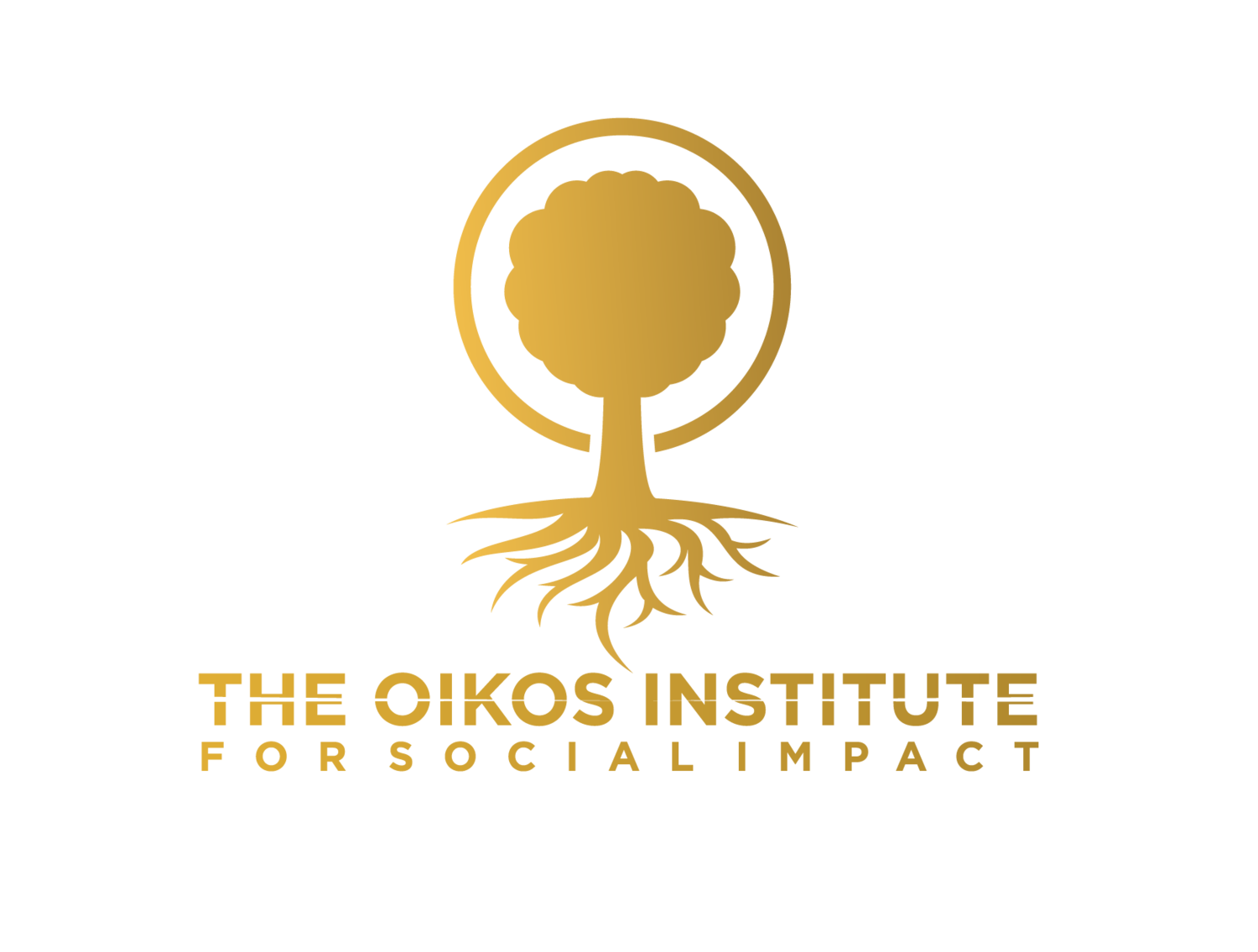In partnership with seminaries, universities, and foundations, the Oikos Institute leads a participatory learning experience for congregations to explore their congregational stories, practices, and theologies in light of the changes in their local landscapes. Embedded in the design of these programs is the assumption that congregations require practices that foster alignment between congregational identity, vocation, and public witness. Congregational sustainability in changing environments also requires access to frameworks, tools and resources that help them “learn how to learn.”
The goal of the process is twofold: for congregations to maintain their agency in the use of their assets for mission, and to embrace their role as an agent of impact in the community -an economic anchor institution with a place at the table.
In addition to learning opportunities, the Oikos Institute’s strategic partnership with advisory firm Crossing Capital Group brings additional relationships, expertise, and financial resources to fuel participating congregations’ initiatives.
Fishing Differently™ Regional Cohort Programs
Preparation – 6 months to 1 year
- Confirm program partner(s), and the role and offering of each partner
- Define target cohort participants and program goals
- Identify program funding (approximately $150K-200K per year for a cohort of 8-16 teams)
- Prepare applications and outreach content
- Engage part-time program manager
Launch – 3 months
- Announce program opportunity and conduct outreach
- Review applications and select participants
- Program launch gathering
- Fishing Differently assessment of participating congregations
Program Delivery –2 to 3 years
- Online and/or in-person delivery of Fishing Differently learning modules
- Engagement opportunities with social impact partners and funders in the region
The Oikos Institute’s Program Support
- Fundraising collaboration – joint outreach and grant writing with partner(s)
- Fishing Differently learning module content
- Part-time program coordinator to deliver content and manage regional engagement
- Connections to additional potential partners and resources
Partner’s Program Support
- Funding and/or fundraising collaboration
- When necessary, serve as program host, providing online or in-person gathering space
- Participate in recruitment of congregational teams from the target community
- Provide administrative support to the program
- Optional: provide aligned content and/or assist with content delivery
What Got You Here Won’t Get You There
- Define F.I.S.H.
- Know it’s ok to reimagine
- Identify current perceptions of giving and raising capital in your church
Listening to the Stories of the Congregation
Celebrating the Faithful
- Honor our intellectual capital, the gifts of those who are already amongst us
- Recognize the potential gifts of those who may join us in our work
Overcoming the Paradoxes of Restoration
- Discover and name barriers to engage in the mission weare called to live out
- Practice navigating difficult conversations
Implementing F.I.S.H. in Your Congregation
- Answering the question, where do we go from here?
- Identify next steps
